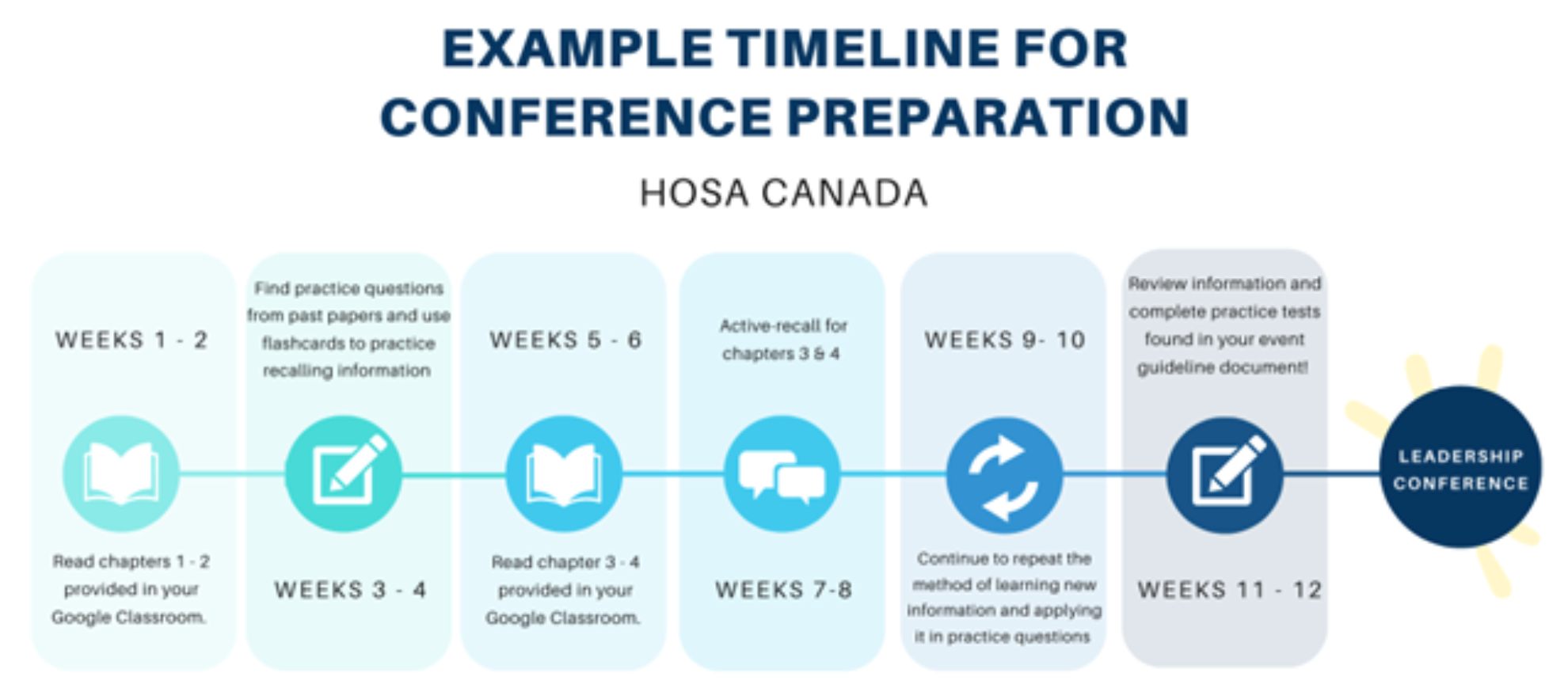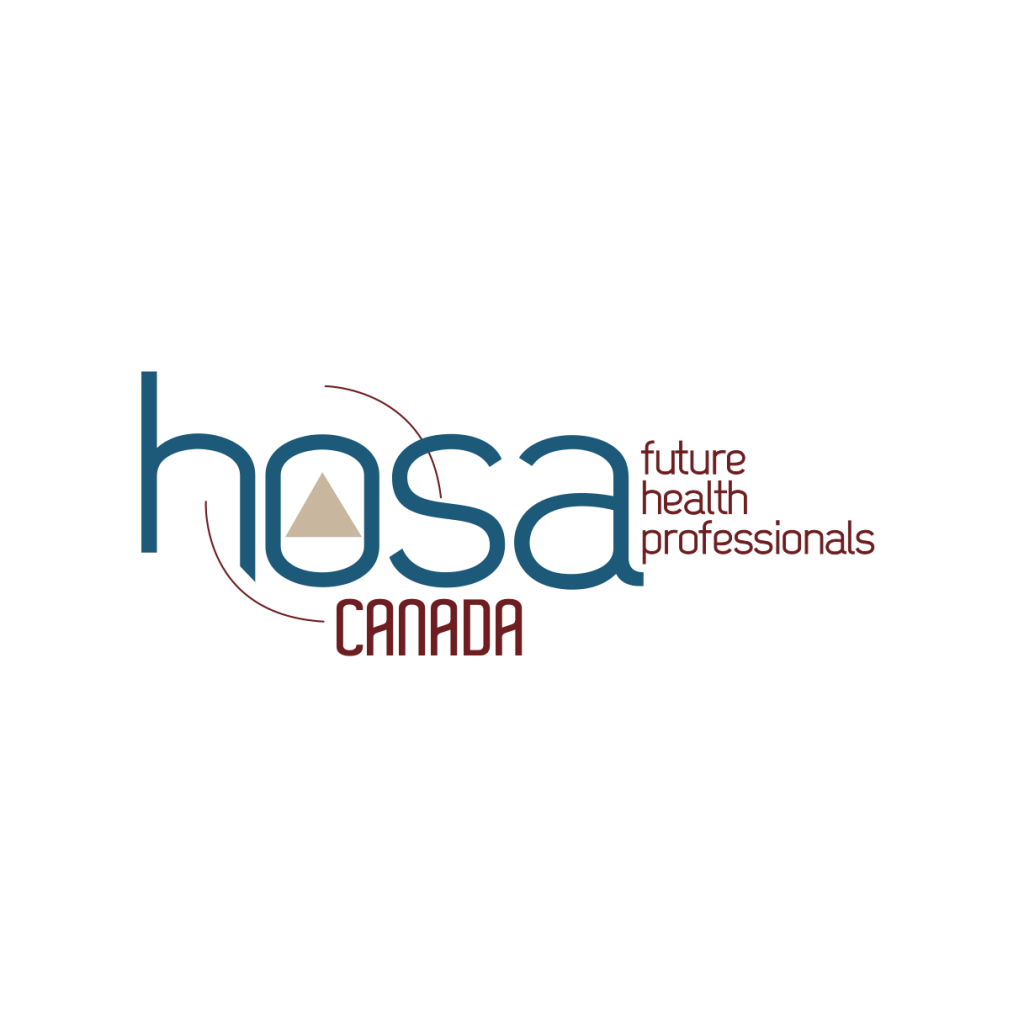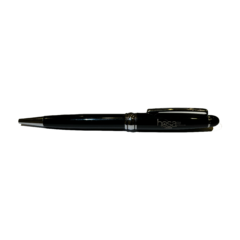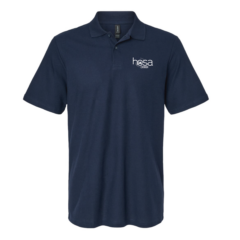Chapter Requirements
All students must register as part of a School Chapter or Community Chapter. A list of registered chapters will be published on our registration website for you to verify. If you are unsure if your school has a chapter, reach out to your school’s administration or email us at info@hosacanada.org. Students are not eligible to register for the conference independently.
To form a new chapter, you need a minimum of five registered students, a Chapter Advisor (typically a teacher), and a student Chapter President. It is the responsibility of the Chapter Advisor and President to facilitate the online registration process for all members of their chapter on the registration website. Additionally, Chapter Advisors and Presidents are responsible for registering their students on the FLC online testing platform and picking up badges at SLC.
For the 2025-2026 academic year, all chapters must be approved by HOSA Canada before being able to register students. It can take up to two business days for the first response (either the approval or a rejection with next steps), so please plan accordingly to meet all deadlines as they will not be extended if your chapter was not approved in time. It is recommended that chapters submit their registration request as soon as possible, even if their student list is not finalized, to avoid any delays.
Community Chapters: It is highly preferred that students register as part of a school chapter. If this is not possible, the creation of a community chapter must be approved by HOSA Canada. For approval or inquiries regarding community chapters, please email info@hosacanada.org.
Recruiting Members
Building a strong membership base is key to the success and sustainability of your HOSA Canada Chapter. A thriving chapter depends on engaged students, dedicated training coordinators to support learning, and an effective executive team to help with day-to-day operations as your membership grows.
Recruiting members can be challenging in the early stages, especially when students may not yet be familiar with HOSA Canada or its opportunities. To support you in launching and expanding your chapter, here are some simple, effective strategies to help you connect with students and spark interest:
Social Media: Use platforms like Instagram or TikTok to post engaging content about HOSA Canada. You can highlight our conferences, leadership opportunities, or even behind-the-scenes moments for how your executive team organizes the chapter.
Posters Around the School: Design posters to put around your school’s hallways with key information: What is HOSA? Why should students join? When is the first meeting? You can also include a QR code linking to your student signup form or chapter Instagram page.
Morning Announcements: Write short, engaging announcements to share through your school’s system or homeroom teachers. You can mention upcoming events, competitions, or any fun facts about HOSA Canada to spark curiosity.
Fundraisers or School-Wide Events: Host bake sales, trivia games, or small competitions as a way to raise awareness and funds while interacting with the larger student body at your school.
Classroom Presentations: Ask teachers for a few minutes at the start or end of class to introduce HOSA to students. You can make your message specific to the class you are in (e.g., science classes, health/phys ed, or business).
Word of Mouth: Encourage your executive team and early members to invite their friends. A personal recommendation from a peer is usually the most effective way to gain new members.
These are just a few ideas on how you can recruit members for your chapter. Ultimately, each chapter will have their own strategies depending on their school policies and procedures.
Example Timeline for Conference Preparation
It is best to start your conference preparation 3 – 6 months before your conference. Starting with the provided study resources to other external resources such as Quizlet, spacing out your study sessions is the key to success. Here is an example of how you might want to split your study sessions.

Knowledge Written Events
| WEEK | PREPARATION |
| 1-2 | Read chapters 1 and 2 provided in your Google Classroom. |
| 3-4 | Go back and find practice questions from past papers and use Quizlet sets to practice recalling the new information learned. |
| 5-6 | Read chapters 3 – 4 provided in your Google Classroom. |
| 7-8 | Active-recall for chapters 3 & 4
Below are some examples of how you can practice active-recall.
|
| 9-10 | Continue to repeat the method of learning new information and applying it in practice questions to strengthen information retention.
If you have an essay or presentation component make sure to practice completing them within the time limit of your event. |
| 11-12 | Use the last few weeks before the competition to review the different concepts learned. Put your knowledge to the test by completing a few practice tests that are often found in your event guideline document! |
Teamwork Events
| WEEK | PREPARATION |
| 1-2 | Individually read chapters 1 – 2 found in your Google Classroom |
| 3-4 | Go back and find practice questions – test each other on the material you have studied |
| 5-6 | Read chapters 3 – 4 provided in your Google Classroom |
| 7-8 | Active recall for chapters 1 – 4
Below are some examples of how you can practice active-recall.
|
| 9-10 | Practice as a team by compiling all of your knowledge |
| 11-12 | Review any outstanding concepts, do many practice questions, and try to always practice as a team |
Note: the ideal way to prepare for your conference varies heavily on the event. For instance, knowledge-heavy events like Medical Terminology and Medical Math require you to repeat certain concepts or topics. This time frame is only a general suggestion for competitors—after all, everyone learns at their own speed and it is essential to pace yourself!
Chapter-Led Group Study Ideas
Group study sessions are a fun and effective way to prepare for our Fall and Spring Leadership Conferences. Creating engaging and fun activities during chapter-led group study sessions will increase confidence and support.
Group Trivia/Jeopardy: Creating a group trivia or maybe even a Jeopardy game will help students work together and compile their HOSA Canada knowledge to study with others. These activities will help with information retention and will help to increase collaboration within your chapter. One of the ways to do this can be through using Kahoot!
Whiteboard Teaching: Begin by writing the big idea on a whiteboard or even a piece of paper. Then proceed to teach the concept to your friend/group. This way you will identify areas where you are not as confident. Your peers may also provide suggestions on how to remember or understand a difficult concept since everyone has different methods of studying.
Guest Lecturers from the Community: Reaching out to health professionals, professors, and teachers at your own school is a great way to learn from members of your community. Many times they have practical experience in healthcare and have a vast amount of knowledge that can apply to many HOSA Canada events. Reach out and kindly ask them to be guest lecturers at your HOSA Canada Chapter!
Mock Conferences: One of the most effective ways to study for HOSA Canada is by hosting a mock conference. You can host it within your school or collaborate with other schools as well. Find practice questions, ask teachers to act as judges, and provide feedback to competitors to help them learn and immerse in the HOSA Canada Experience. A mock conference helps to prepare students and know what to expect in time for our leadership conferences!
These are just a few ideas on how you can study your chapter. At the end of the day, it is important to come up with unique ways of learning that fit your style and needs.



